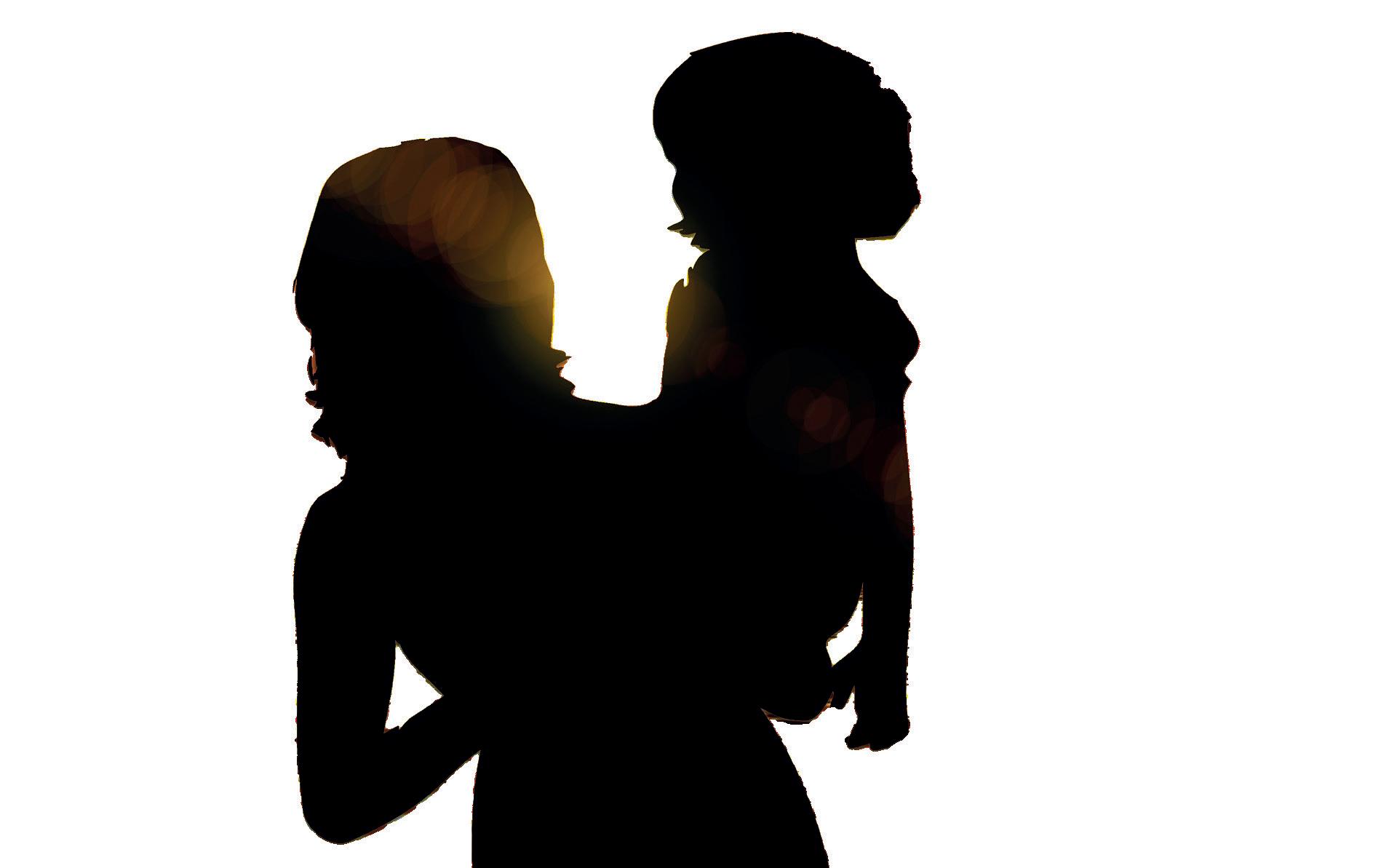
1 minute read
Relationships 15 Carving out my identity as an adopted person
Rebecca Wright - Relationships sub-editor
My relationship with identity is a tricky one. Whilst I think that a lot of our identities are constructed by the world around us, a significant part of who we are relies on where we came from. How else are we to measure how much we’ve changed, how far we’ve come, or whether we’re straying from what is so undeniably us?
Advertisement
As an adopted child, I had a lot of questions concerning where I came from, what they were like, whether I was like them. I think that was the big question. I felt so different to everyone else my entire childhood, because as lovely and caring my parents were, I couldn’t shake the feeling that I was something else entirely, something I didn’t know. In Science, we’d draw punnet squares to see which alleles were dominant and submissive in biological parents, and which would show in a child. I found myself asking what they looked like, whether my blue eyes were really my own or they were the product of a complete stranger. In Sociology, we were asked to draw family trees, a task which confused me to great lengths. We had to label ourselves as a type of family. Kids around the room would say they come from a nuclear family, or a blended family – I wasn’t sure there was a word for what kind of family mine was. While the teachers were certainly trying to raise awareness of ‘other’ family types, it was just that –the other, again. The non-nuclear family. It felt as though everyone around me had a sure sense of where they were from, and it felt unfair that I didn’t.
In adolescence, it’s common for adopted children to struggle with developing their own values, beliefs and ideals as easily as other children do. This leads to lifelong issues with loss, rejection, guilt and shame, grief, identity and intimacy. This is certainly the case for me, at least. In not knowing where I’m from, it’s difficult to know where I’m going. What I want. What I believe. My values feel like an outwards projection of what I’ve been told they should be.
In many ways, I feel like I look outwards to find inwards feelings. Answers don’t seem to come naturally; I have to forge my identity by interacting with the world around me. In a lot of ways, this feels like a blessing. I’m instinctively curious, introspective and inquisitive. I’m very appreciative of what I have, the friends and family










